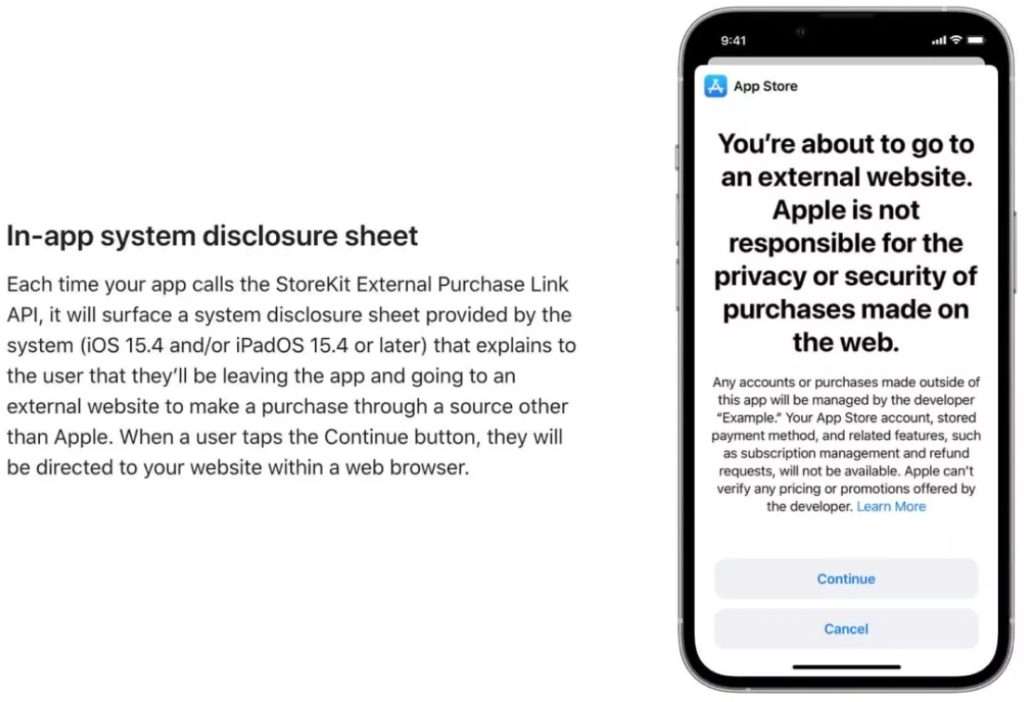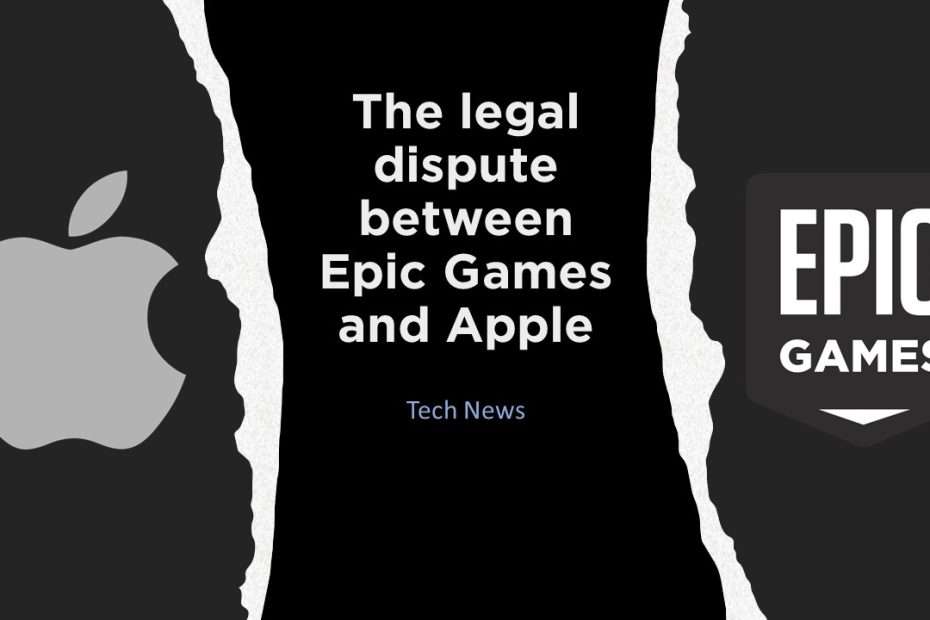The recent resolution of the legal dispute between Epic Games and Apple has led to swift action by Cupertino, following a ruling from the US Supreme Court. As a result, developers now have the permission to provide a purchase option on external stores. However, despite this newfound flexibility, there is a notable requirement for developers to still pay a substantial fee to Apple. The resolution marks a significant development in the ongoing conflict between the tech giants, introducing a compromise that allows for external options while maintaining Apple’s commission structure for iOS apps.
In 2023, the legal battle between Epic Games and Apple saw a court decision that left both parties disappointed. While the court did not compel Apple to open iOS to third-party app stores, it did require the tech giant to abandon its “anti-steering policies” and inform users about the availability of external payment methods.
Following this decision, both Epic Games and Apple sought to appeal the case by petitioning the US Supreme Court for reconsideration. However, the recent development is that the Supreme Court of the United States (SCOTUS) has denied both requests for reconsideration, solidifying the previous court decision. This denial closes a chapter in the ongoing legal dispute, indicating that the resolution reached in the lower courts stands.
The Epic v. Apple case, which spanned three years, has finally concluded. However, Apple is making additional moves to assert its stance on the matter. The company recently updated its App Store policies, introducing new guidelines specifically addressing apps that include an external purchase link. Despite the conclusion of the legal battle, Apple is reiterating that publishers and developers are still required to pay Cupertino in order to conduct their business within the iOS ecosystem. The company is making it clear that, while external purchase links may be allowed, the financial arrangement with developers remains unchanged, emphasizing the importance of sustaining the existing revenue model within the iOS platform.
According to the newly updated guidelines, Apple is set to impose a 27 percent commission on sales generated through external purchase methods. In the event of a payment obligation, developers will be issued an invoice based on their individual transaction reporting. To engage in external purchase methods, developers are required to apply for an “entitlement,” a necessary step to enable this feature. It’s noteworthy that even with the introduction of external purchase options, developers must still adhere to Apple’s conventional payment methods on iOS alongside the newly allowed external ones. This dual compliance ensures that developers continue to operate within the parameters of Apple’s payment ecosystem while availing themselves of the additional external options.
Apple has introduced a new feature for users attempting to utilize external payment methods in the form of a full-screen notice referred to as a “disclosure sheet“. This notice serves as a warning to users and emphasizes that Apple does not take responsibility for the privacy and security of purchases made on the web or through channels outside the official iOS App Store.

The disclosure sheet appears as a precautionary measure, alerting users to the potential risks associated with transactions conducted through external payment methods. By prominently displaying this message on the screen, Apple aims to ensure that users are aware of the limitations and disclaimers related to transactions carried out beyond the confines of the official iOS App Store.
The guidelines underscore that all App Store developers enjoy the advantages of Apple’s proprietary technology and tools, which are safeguarded by intellectual property laws. In addition, developers have the opportunity to tap into Cupertino’s expansive user base, which is not only extensive but often considered affluent.
The imposition of a 27 percent commission on external purchases, as outlined in the guidelines, appears to be a mechanism to compensate Apple for its investments in various facets of the developer ecosystem. This includes expenditures related to developer tools, Software Development Kits (SDKs), Application Programming Interfaces (APIs), regular updates, and the maintenance of the overall platform itself. By implementing this commission structure, Apple seeks to ensure a fair exchange for the resources and infrastructure it provides to developers, emphasizing the ongoing investment in enhancing and sustaining the App Store ecosystem.
Epic’s founder and CEO, Tim Sweeney, has expressed his view that Apple’s recent actions in the mobile app business are anticompetitive. He specifically criticized what he referred to as the “scare screen“, a term used to describe the full-screen notice displayed to users opting for external payment methods. Sweeney contends that this measure is intended to deter users from choosing alternatives to Apple’s in-app purchase system.
In response to Apple’s moves, Epic plans to challenge what they perceive as a “bad-faith compliance plan” in the District Court. This legal strategy suggests that Epic views Apple’s actions not as genuine attempts to comply with regulatory changes but as an attempt to maintain control over the in-app payment ecosystem, which Epic has previously contested in the legal battle between the two companies. By planning to contest Apple’s compliance plan in the District Court, Epic aims to address their concerns about the competitive landscape in the mobile app business and advocate for a more open and competitive environment.
Maybe you liked other interesting articles?

